Food & Rural sector
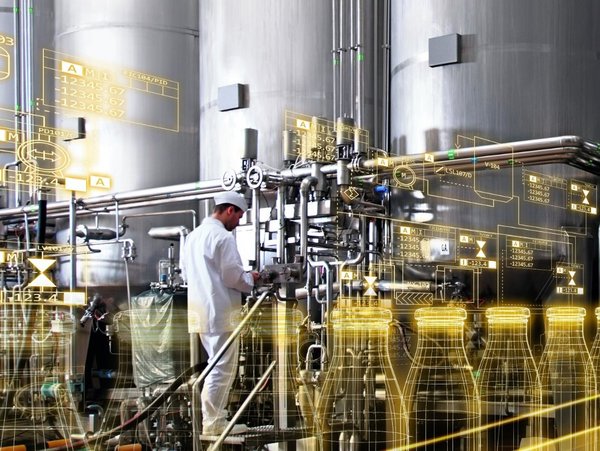
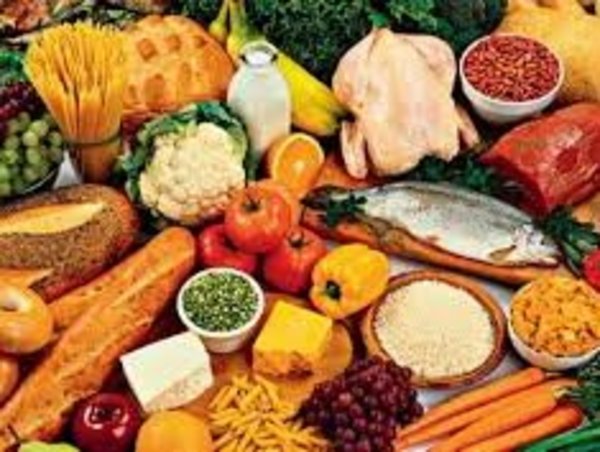
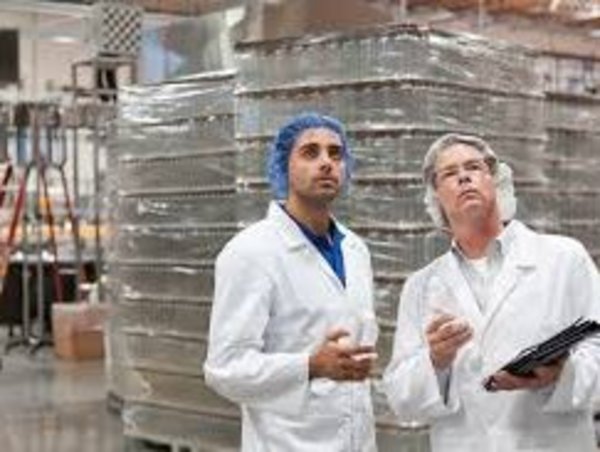
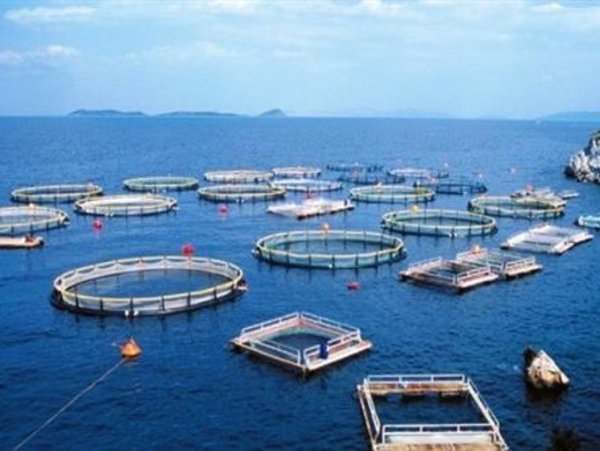
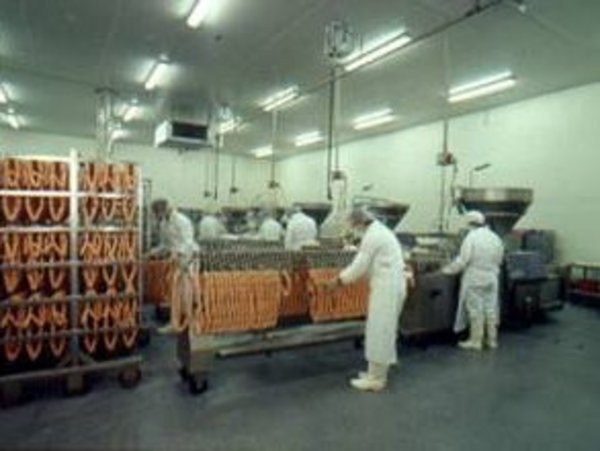
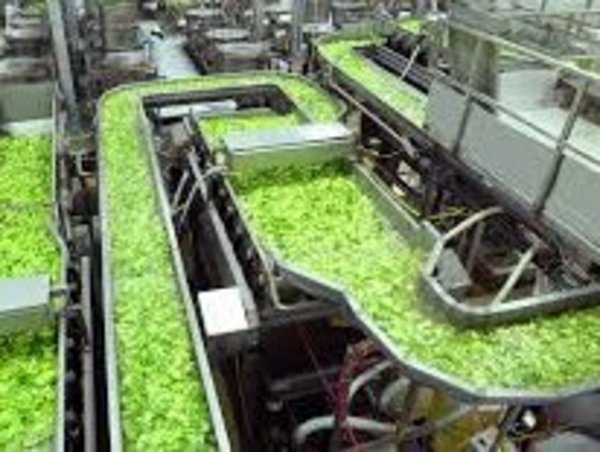
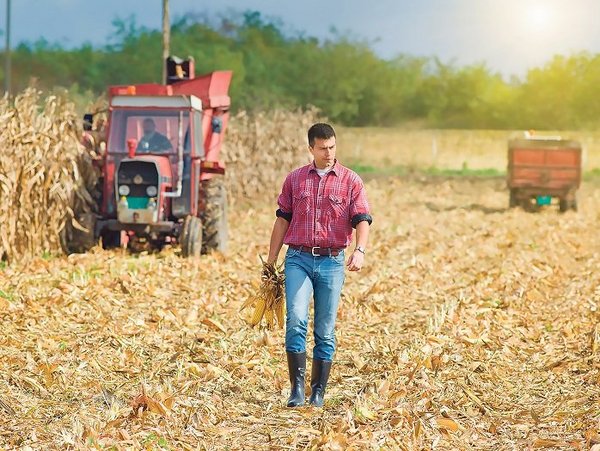
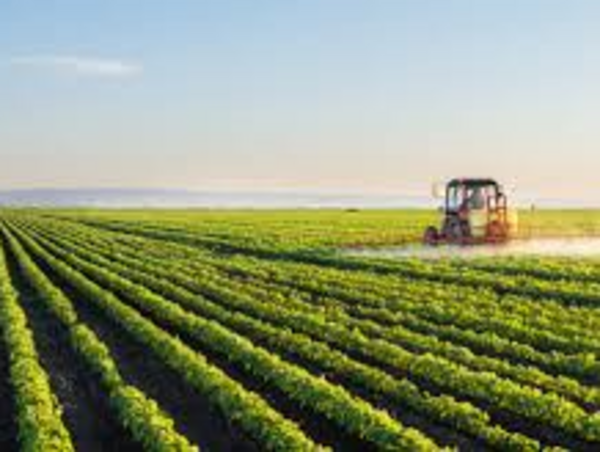
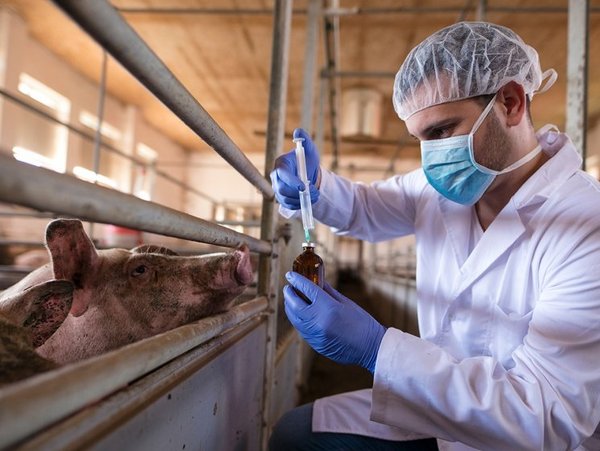

The agricultural sector is a key pillar of a state's economy and is responsible for the production of food, raw materials and energy. Its importance is crucial as it provides food for the population, creates jobs and contributes to a country's trade balance and export capacity. Food safety is a non-negotiable objective of the agricultural sector and a real challenge, as it affects the public health and well-being of the population. Ensuring food quality involves managing risks at the stages of production, processing, handling and consumption by the public. Certification in the agri-food sector is essential to ensure health, sustainability and quality throughout the food supply chain. It includes various aspects such as safety standards and sustainable agricultural practices. Personal certification, for those involved in the agri-food sector of the economy, validates that professionals follow safety standards and are committed to high quality and sustainability in the provision of products and services. In addition, that they protect public health and have access to the market with improved efficiency and minimised risks. Thus, they offer guarantees to consumers on the integrity of food products from production to consumption. Food safety is an integral part of sustainable development and requires the cooperation of all stakeholders in the food production and distribution chain. Progressively, the need for certification of persons becomes imperative and paramount, as consumers and regulators will continuously increase their demands for high standards of quality and safety in the agri-food sector. School Canteen Manager, Organic Product Management and Marketing Executive, Aquaculture Specialist are some of the emerging specialties in the economic pyramid.










TÜV NORD